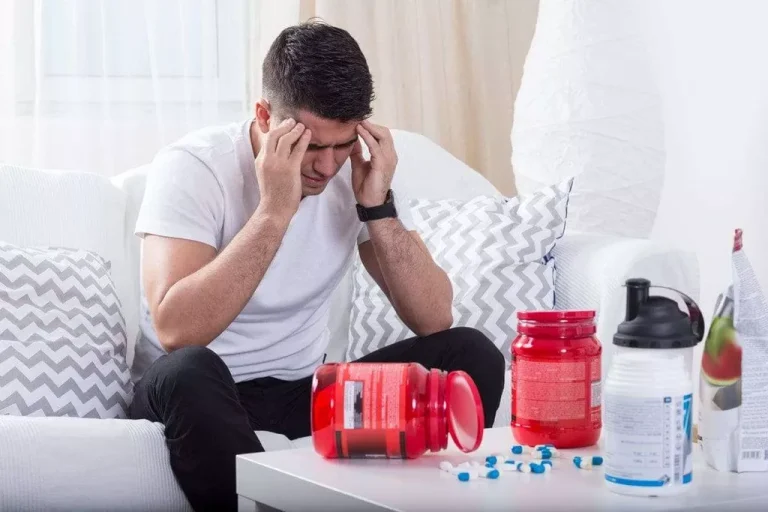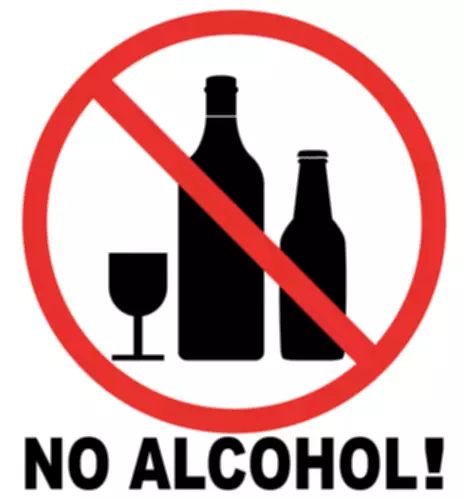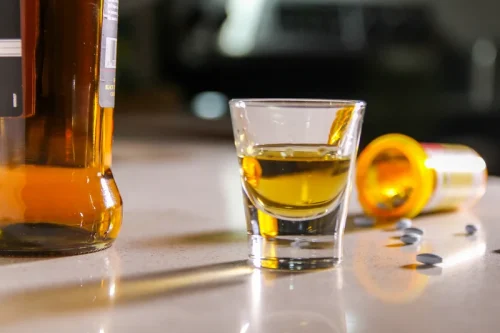
For example, naltrexone, a µ-opioid receptor antagonist, can attenuate the increased BOLD response to alcohol-related cues in the putamen and reduce risk of relapse [101]. In addition to thiamine-deficiency and acetaldehyde https://ecosoberhouse.com/ related toxicity, alcohol can also cause damage via peripheral and neuro-inflammatory mechanisms. This makes alcohol and endotoxins more likely to cross the lining of the gut and travel via the circulation to the liver.
The Good News: It’s Reversible
If a pregnant woman cannot abstain, she should aim to reduce her alcohol consumption as much as possible. Korsakoff syndrome often appears after an episode of Wernicke’s encephalopathy, which is acute alcohol-related brain dysfunction. Once the brain adjusts to alcohol use, it requires alcohol in order to function properly. Someone who cuts themselves off from drinks may experience extreme pain or medical problems like delirium tremens. A person’s brain chemistry can change dramatically through alcohol use.
How Does Alcohol Impact the Brain?

This is because a healthy diet can help to improve your brain health and overall well-being. While alcohol fog is not a life-threatening condition, it can be a sign of an underlying health problem that will definitely benefit from early diagnosis and early recovery. Common hormonal imbalances that can cause brain fog include low thyroid hormone levels (hypothyroidism) and high cortisol levels (adrenal fatigue). The direct effects of alcohol on the brain are thought to play a significant role in alcoholic brain fog.

Treatment for Alcohol Use Disorder and Alcohol Addiction
Exercise is also a great way to help improve your overall brain health. This is because exercise can help to improve blood flow to the brain and reduce stress levels. Therefore, it is crucial to drink plenty of water when you are trying to relieve the symptoms of alcohol fog or brain fog in general. This is because alcohol withdrawal brain fog can be dangerous and even life-threatening.

- Alcohol-related neurological damage manifests in subtle, nonspecific ways that emerge gradually over time.
- So when you’re managing stress or anything to do with your mood, you can be sure that dopamine is involved.
- While alcohol isn’t a cure for any of these problems, it can numb your natural response to life’s circumstances and make it hard to function without it.
- Alcohol and caffeine exacerbate symptoms of anxiety and stress, which are also causes of brain fog as I discussed earlier.
- The health concerns of an alcohol use disorder are usually enough to cause someone to embrace moderation.
Seeking out a functional medicine doctor who will get to the root cause of your brain fog, and not just give you a pill when you ask how to get rid of brain fog, is key to ensuring total body health and banishing it. It’s not easy to get away from stress these days, so it’s important to make time every day for doing activities you love to get away from the stress. Doing something you enjoy releases dopamine, the “happy hormone” in your brain. It’s also important to do stress-relieving activities such as exercise, taking baths or meditating with an app on your phone. If you’re suffering from Candida overgrowth or SIBO, avoid fermented foods, refined carbohydrates, and alcohol above all else. While you heal your gut, you can still focus on supporting the optimal health of your brain.
- People who have smaller bodies, drink alcohol less frequently, or have a history of liver disease are also more vulnerable to alcohol poisoning.
- The second is nicotinamide adenine dinucleotide phosphate (NADPH) which is required in the assembly of coenzymes, steroids, fatty acids, amino acids, neurotransmitters, and glutathione [61].
- Research has found that anxiety may cause brain fog-related symptoms like impaired memory.
- If you drink alcohol regularly, you may experience withdrawal symptoms when you stop drinking or reduce your alcohol intake.
Treatment Options for Alcohol Addiction and Brain Fog
Before we look at alcohol’s role in brain fog, let’s take a moment to define brain fog. While it’s not technically classified as a medical condition, brain fog refers to cognitive difficulties, such as trouble with focus, memory, and thinking. It’s characterized by confusion, forgetfulness, or a lack of mental clarity. There is no single test to confirm that a person has Long COVID, and the same is true for brain fog. But a neurological exam and cognitive testing can identify deficits in a person’s brain function. “We look for deficits in language, working memory, declarative memory [a type of long-term memory], motor function, and perception,” she says.
Medications to Ease Withdrawal Symptoms
Research from 2015 has shown that exercise may relieve chronic pain and fatigue. But that’s not all — a 2021 study suggests it can also distract us from upsetting thoughts and a 2017 study notes that it can aid in emotional regulation after a stressful event. Instead of removing the “unhealthy” foods you regularly eat, start by making nutritious additions to your meals and snack times. A 2016 study suggested that stepping away from a task and taking a break can substantially improve your performance, focus, and degree of self-control. MacKinnon says that because there are so many different factors related to brain fog, there’s no one-size-fits-all way of treating it. Following Wernicke’s encephalopathy, the person may develop signs of Korsakoff syndrome.
Cognitive and memory problems

This is the period in which delirium tremens is most likely to occur, which requires immediate medical attention. If you or someone you know shows signs of delirium tremens, go to the emergency room immediately. Counseling and therapy deal with your addiction’s psychological and emotional aspects. alcohol brain fog As you understand your triggers better, you will learn to cope with them more effectively. Meanwhile, structured aftercare and relapse prevention programs offer continuous support as you transition into sobriety. Load up on vitamins, nutrients, and minerals by consuming a balanced diet.
- And what’s more, experts say that sleep deprivation can increase your risk for chronic health problems such as high blood pressure, obesity, and heart disease.
- It won’t be as easy as popping some ibuprofen, but we’ve put together some suggestions.
- Some of these medicines include antidepressants or anti-anxiety pills which reduce alcohol cravings by altering the levels of certain neurotransmitters in the body.
- Drugs that antagonize these receptors, including the licensed drug naltrexone have been found to attenuate alcohol seeking in rats and have been shown to clinically reduce alcohol consumption [144].
- It is important to note that recovery from alcohol addiction is a lifelong process, and the brain may continue to heal and recover for years after quitting.
